Performing Arts
Glika Bilavsky
Glika Bilavsky’s activities ran the gamut of secular Yiddish culture, from her political activism to her theatrical career. She fled Poland with her fiancé, Morris Bilavsky, in 1907 and settled in Copenhagen, where the pair married and created a Yiddish theater troupe. In 1921, the couple moved to New York, where Bilavsky performed and volunteered for Hadassah, United Jewish Appeal, and the women’s auxiliary of Mizrahi.
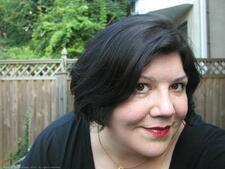
Hanne Blank
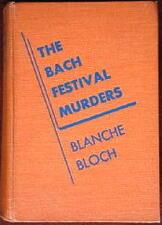
Blanche Bloch
Blanche Bloch helped open new opportunities for women in music as both a founding member and conductor of the New York Women’s Orchestra. Bloch collaborated with her husband, Alexander Bloch, performing, writing operettas, and delivering joint concerts and music lectures. Bloch also authored two mystery novels.
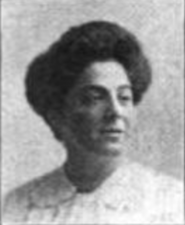
Anita Block
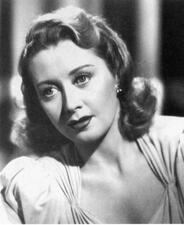
Joan Blondell
A beautiful and accomplished stage and screen actress, Joan Blondell was known for playing character roles as a wisecracking, working-class girl. Blondell toured all over the world, performed on Broadway, and eventually ended up in Hollywood doing movie and television work. In 1972 she wrote a novel, Center Door Fancy, based on her own life and career.
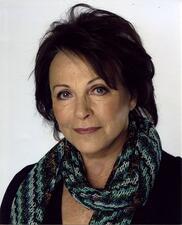
Claire Bloom

Rachel Bloom
Helen Abrahams Blum
Helen Abrahams Blum was an artist who developed a passion for theater. Blum exhibited her work in various galleries throughout the United States and designed scenery and costumes for the Little Theater Movement. She was an active member of the Rodeph Shalom Sisterhood and the international peace movement.
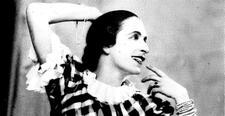
Gertrud Bodenwieser
A member of the first generation of modern dancers in Vienna, Gertrud Bodenwieser developed her own style of modern Ausdruckstanz (expressionist dance). From her studio in Vienna, she established the Bodenwieser Dance Group and went on to tour Europe, Japan, and Columbia. In 1938, she immigrated to Australia and played a significant role in the development of modern dance there.
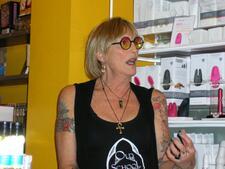
Kate Bornstein
Kate Bornstein is a pathbreaking transgender lesbian activist, theorist, and performance artist. She is known for tackling social ills and personal pain with joyful optimism.
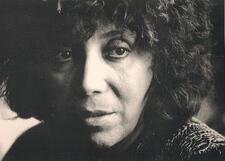
Aida Bortnik
Aída Bortnik was an Argentine journalist, dramaturge, and screenwriter who wrote the first Argentine screenplay nominated for an Academy Award (“The Truce,” 1974), an award she later won for best foreign film in 1986 (“The Official Story”). Bortnik was also the first Argentine to pen a screenplay that addressed the military dictatorship (1976-1983) and the first Latin American admitted as a permanent member of the Academy of Motion Picture Arts and Sciences.
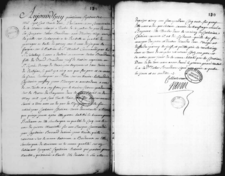
Esther Brandeau
Esther Brandeau was born in southwestern France around 1718, descended from exiles of the Inquisition in Iberia. Brandeau passed as Christian and male across France for five years before setting sail as Jacques La Fargue. Doubly outed at or en route to Québec, Brandeau | La Fargue was ultimately deported from New France, purportedly for refusing to convert to Christianity.
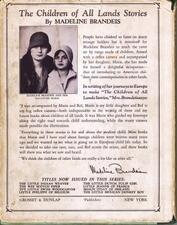
Madeline Brandeis
Born in San Francisco in 1897, Madeline Brandeis was a noted children’s book author and pioneer filmmaker, who produced films outside the mainstream Hollywood studios. Until her untimely death in 1937, Brandeis traveled the world in search of stories to tell, while aiming the lens of her camera at the lives of her characters.
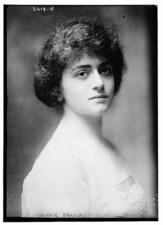
Sophie Braslau
In her short life, Sophie Braslau was an extraordinary contralto and international opera sensation. After making her debut at the Metropolitan Opera in New York at age eleven, she toured the United States, Europe, and Canada and recorded many albums. She also sang at fundraisers such as the Omaha Hebrew Club campaign to raise money for Jewish war sufferers.
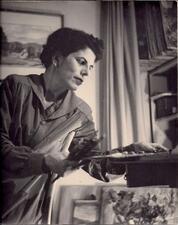
Susan Braun
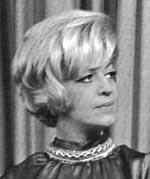
Brazil, Contemporary
Brazil is home to the second largest Jewish community in South America. Jewish women played important roles in the absorption of Jewish immigrants from Europe, the Middle East, and North Africa, and also made important contributions to Brazilian intellectual and artistic life.
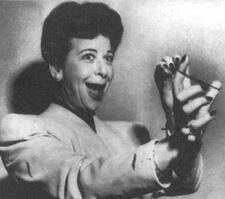
Fanny Brice
One of America’s great clowns, Fanny Brice built her career on a Yiddish accent and a flair for zany parody. Brice earned a reputation as a vaudeville star before creating some of her best-loved comedic personae for radio.
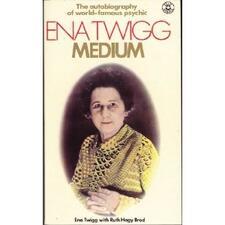
Ruth Hagy Brod
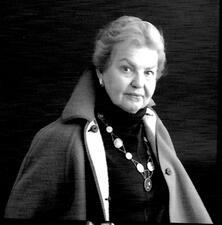
Claire Brook
Claire Brook was a writer, editor, and composer whose career was most distinguished by her work in publishing. After retiring from W.W. Norton, she founded Pendragon Press, a small press focused on musicological books, with her husband and brother.
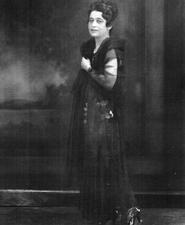
Mirra Burovsky-Eitingon
Mirra Burovsky was the first Jewish actress to star in the mainstream Russian theater. Her stormy life and career brought her to center stage of Jewish cultural, intellectual, and social ferment in Tsarist and revolutionary Russia, Weimar Germany, and mandatory Palestine. Her third marriage, to psychoanalytist Max Eitingon, and the career of her son Yuli Khariton, “the father of the Soviet atomic bomb,” created the background for a continuing espionage controversy.
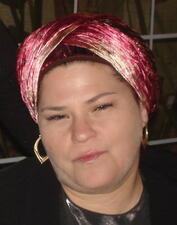
Rama Burshtein
Rama Burshtein’s films are among the most important created by a Haredi woman. Her first commercial film was shown exclusively to Haredi women, but Burshtein found the conventions of Haredi cinema poorly suited to her artistic aspirations, and her later films were aimed at the nonreligious world.
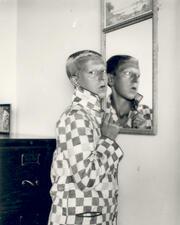
Claude Cahun
Surrealist photographer Claude Cahun lived their life in a spirit of rebellion and defiance. From their precocious teenage years, defying conventional ideals of beauty and femininity with their shaven head and male attire, to their direct resistance of German occupying forces, they active worked against the suppression of liberty and freedom—a life of resistance.
Tullia Calabi-Zevi
Born in Milan, Tullia Calabi-Zevi began working as a journalist during World War II and wrote prolifically for a number of publications over the next few decades. In her later life she held many public leadership positions, including several in organizations specifically concerning Jewish life in Italy.
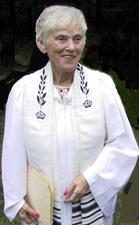
Cantors: American Jewish Women
Women’s vocal leadership in synagogue music began with zogerin (women prayer leaders) in the women’s gallery. In the nineteenth century, women began participating in mixed choral and community singing, and some opera singers acted as cantors in important Reform congregations. In the 1970s and 1980s, the Reform and Conservative movements began formally investing women as cantors, and today a plurality of cantors in liberal movements are women.



